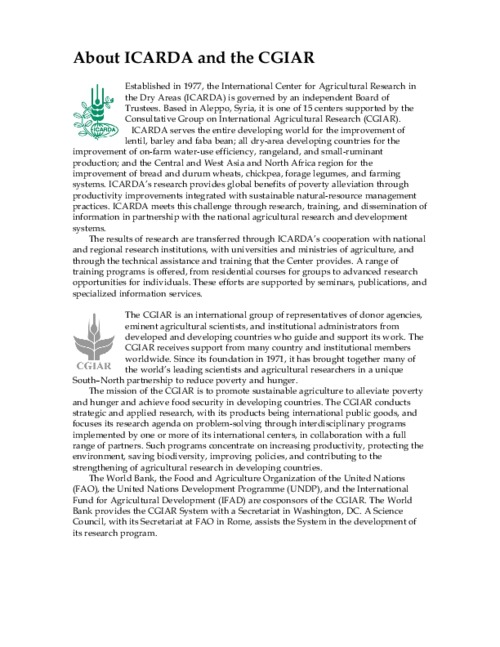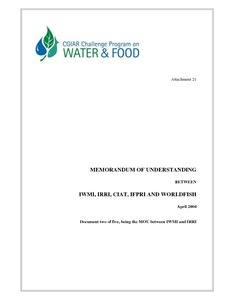Summary of Food and Agricultural Statistics 2003
This report shows a broad range of statistics pertaining to world food and agriculture. It presents, where appropriate, the differences between developed and developing countries, continents and regions. It is hoped that managers and policy-makers dealing with international issues relating to food and agriculture will find the tables useful.





